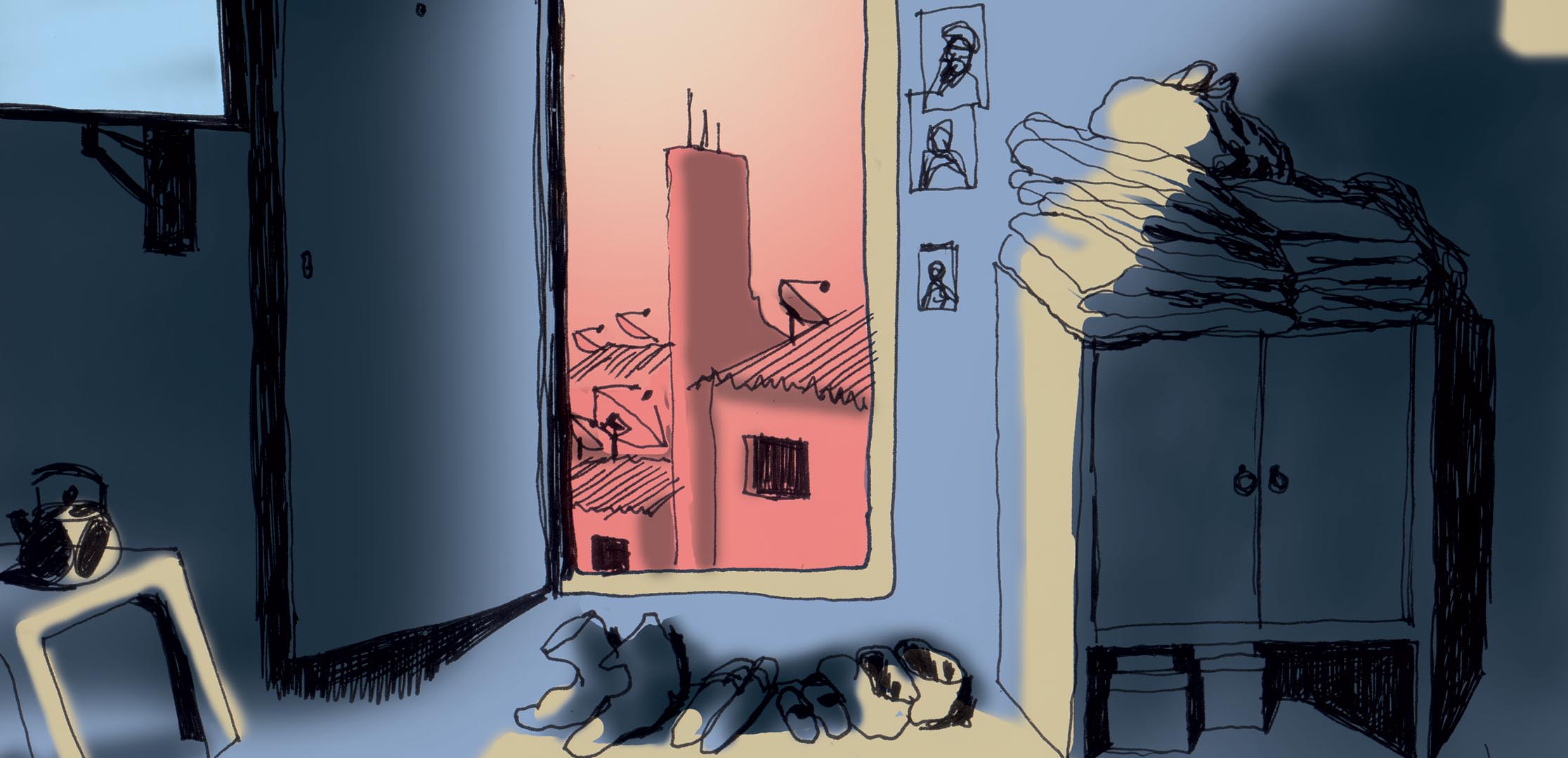Nahla Chahal
Professor and researcher in political sociology
Editor in Chief, Assafir Al Arabi
We do not study informal settlements or slums because their communities are exotic nor because they address what is supposedly the environment of the most destitute of groups. We study them because they provide a sample that could reveal moments of transformation and expose how new social relations are cultivated and how old ones are mutated. In these various informal settlements, we do not only look at those left behind to their fate and how they manage their affairs, but we also try to describe the timeline of the changes that occurred in their respective countries: wars, displacements, and migrations; the disappearance of specific fields of production that previously existed in them; the continued presence and action of hierarchies linked to discrimination based on color, religion, or social origin; the relationship between power, society, and politics, etcetera.
The informal settlements that have encircled the major cities in our region since before the 1970s have confirmed the elusiveness of the national liberation and self-realization projects promising to provide a decent life for all citizens. On top of that, new slums have emerged, probably brought about by the booming migrations from the countryside due to changes in farming patterns, land ownership or tenure, droughts, negligence, marginalization of the rural areas, poor services, and wars and conflicts of all kinds. However, not all slum dwellers come from the countryside; this hypothesis calls for a closer examination.
Informal settlements appear to comprise human masses “uprooted” from their original environments. They emerge outside the hypothetically natural context of housing growth. In other words, these areas do not constitute a consistent expansion of cities that constantly pushes the poorest to their fringes, as in gentrification. Hence, these human masses seem to be “redundant”, suffering from unemployment or living from precarious work. Although they are not officially acknowledged in the new structures of the existing economies, they are exploited by these structures and by the authorities in various ways.
Of course, there are authoritarian strategies for managing and controlling slum areas, where besiegement, exclusion, and isolation mix with blatant repression which aims to control or even remove. There is also the stigmatization of slums as sources of extremists, delinquents, scum, and crooks. Slum dwellers are often recruited for cheap and irregular labor, or to carry out illegal activities (drug dealing, smuggling goods, bullying, suppressing demonstrations, etc.).
Versus these slums, new cities and luxurious gated compounds emerge and multiply. Though it may appear that the two worlds are unrelated, these polar opposites - slums and luxurious gated cities - share a direct correlation.
We examine life in these slums. However, we also study some “legitimate” neighborhoods hastily built by governments to accommodate the impoverished surplus population, as, for example, in Algeria. These areas are often quickly forgotten by the state; hence, they turn into slums regardless of their original conditions, ownership, or tenure.
We study the architecture of the chosen urban clusters, woven relationships, patterns, lifestyles, and the social organization produced by these communities or forced on them (whether in a soft or coercive manner). We also study the mechanisms of controlling and managing these communities, the authorities that take up these tasks, and the forms of employing and exploiting the slum dwellers at various levels: economic, social, and political.
This folder’s approach to the issue of informal settlements is not part of a research study on cities or the countryside. In fact, it studies a “third” society which cannot be summed up as “a byproduct of the process of ruralizing the city or urbanizing the countryside.” It is a more complex “hybrid” society in the sense that it is made up of numerous urban and rural elements which have necessarily mutated to fit their new place in the conditions of life within this society and its relationships with its multiple surroundings. To this end, we strive to provide a profile of these informal settlements that can be neither static nor rigid.
Egypt
Algeria
The Slums of Algeria: Invisibility and Hope
18-05-2022
Sudan
The Slums of Khartoum: On Life’s Edge
21-05-2022


